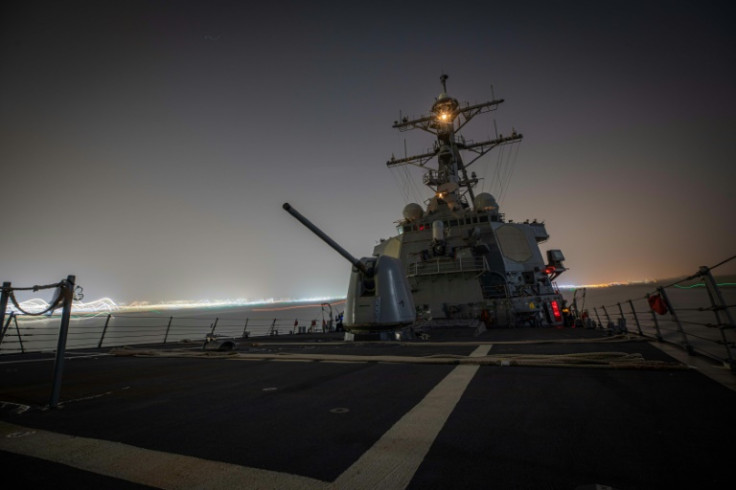
China reacted to the deployment of U.S. assets off the Venezuelan coast, saying it opposes "the use of force or threats in international relations."
Speaking in a press conference, Foreign Ministry spokesperson Mao Ning said Beijing "opposes any action violating the purposes and principles of the UN charter or breaches the sovereignty and safety of other countries."
"We oppose the use of force or threats in international relations in international relations and foreign powers interfering in the internal affairs of Venezuela under any pretext," she added.
The official went on to urge Washington D.C. to "do more to contribute to peace and security in Latin America and the Caribbean" rather than its current approach.
Reuters reported on Wednesday that the U.S. has ordered an amphibious squadron to the region as part of the deployment. Concretely, the USS San Antonio, USS Iowa Jima and USS Fort Lauderdale will carry 4,500 service members, including 2,200 marines. They could arrive as early as Sunday.
The development is completely dominating the conversation in the South American country. Authoritarian President Nicolas Maduro called on friendly countries to "unite" to defend its "right to sovereignty, peace and self-determination."
Speaking at an extraordinary ALBA-TCP summit, Maduro began with a call to "the national unity of all Venezuelans to guarantee peace with sovereignty, territorial integrity, self-determination of the peoples."
He then addressed the group's countries, saying "I dare, brothers of Latin America and the Caribbean, to call for the union of all rebel people, social movements, to defend Venezuela's right to sovereignty, peace, self-determination and its own development."
"Our union is what has made us strong," Maduro told representatives of Cuba, Bolivia, Nicaragua, Dominica, Antigua and Barbuda, Saint Vincent and the Grenadines, St. Kitts and Nevis, Grenada and St. Lucia.
The group then published a press release condemning the U.S.'s "imperialistic and destabilizing policy, which, through unilateral coercive measures, diplomatic blackmailing and media campaigns, seeks to undermine the region's peace and sovereignty."
In the meantime, the U.S. Embassy in Venezuela has urged American citizens and those residing in the country to refrain from traveling to the South American country due to a series of risks.
In a social media post, the embassy said those linked to the U.S. in the country face "grave risks of illegal detention, torture while in detention, terrorism, kidnapping, unfair police actions, violent crime and civil unrest."
© 2025 Latin Times. All rights reserved. Do not reproduce without permission.





